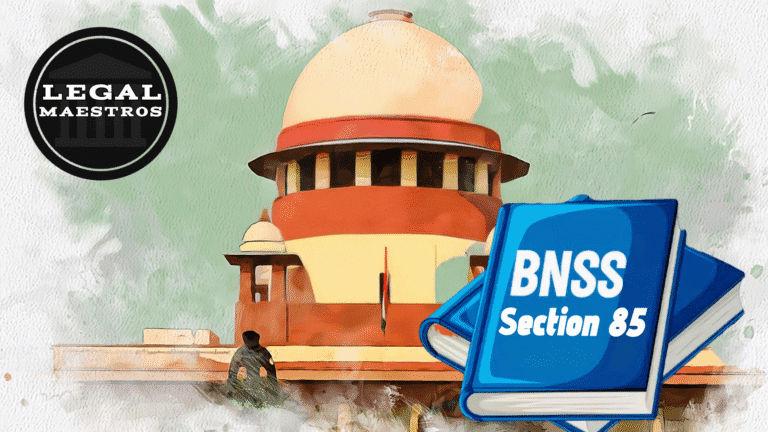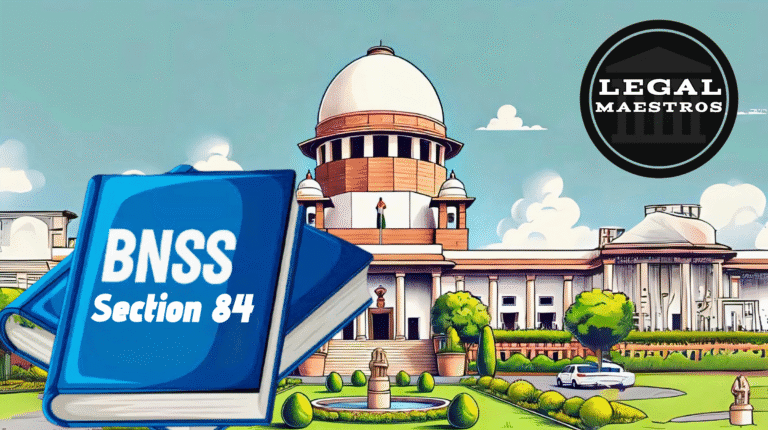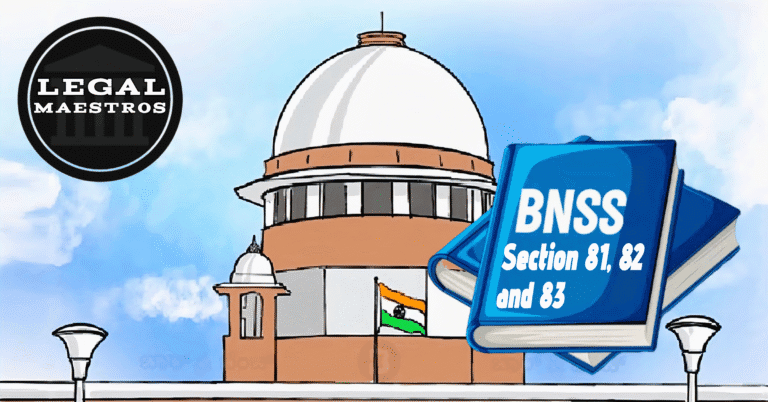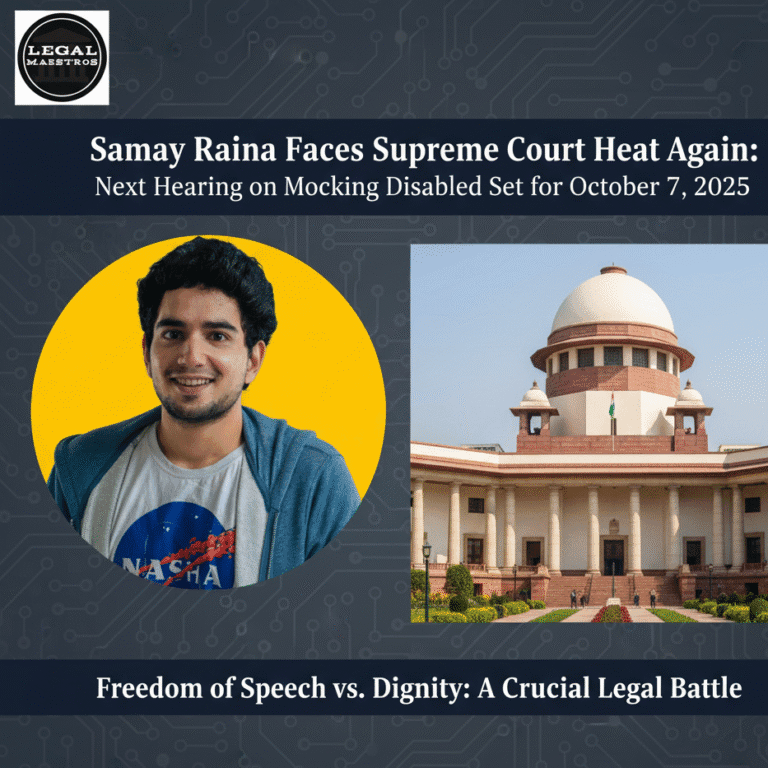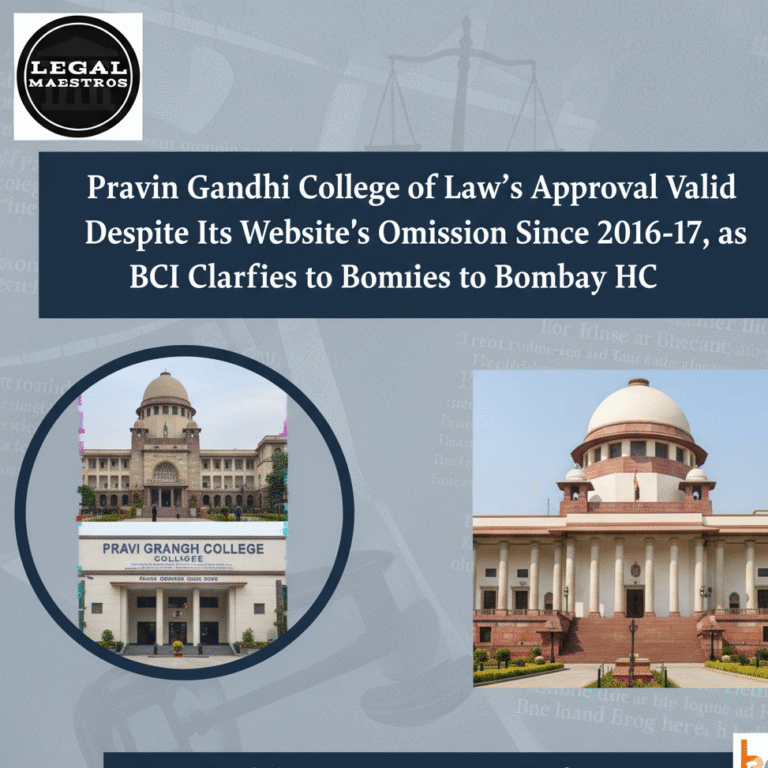
Section 66: Service When Persons Summoned Cannot Be Found
The Statements Made in This Section
In the Bharatiya Nagarik Suraksha Sanhita, 2023, Section 66 addresses the circumstances that arise when the individual who was summoned cannot be located, even after the appropriate amount of effort has been made. In this context, “due diligence” refers to sincere and reasonable efforts that have been made to locate the individual in question. In the event that these efforts are unsuccessful, the legislation offers an alternate mechanism for the summons to be served.
In these kinds of situations, the summons might be left with an adult member of the summoned person’s family who lives with him. It is essential to keep in mind that this member of the family must satisfy the requirements of being an adult and living in the same household.
In addition, the officer who is delivering the summons can request that this family member sign a receipt that is located on the reverse side of the duplicate copy of the summons. According to the legal procedure, this serves as a record of the service that was carried out in compliance with the procedure.
An important clarification is given in the explanation to this section, which states that for the purposes of this rule, a servant is not deemed to be a member of the family. To ensure that the document is only given to the person who is obligated to inform the person who has been summoned in a responsible manner, this feature is implemented.
It is illustrated
Imagine for a moment that a person by the name of Rajiv has been ordered to appear in court. The law enforcement officer or the process server makes repeated trips to his residence, but they are unable to locate him. The police next hands out a copy of the summons to Rajiv’s older brother who dwells in the same house. This occurs after the officer has verified that he resides there and that appropriate efforts have been taken to locate him. To fulfill the requirements, the brother signs the receipt. It is considered that the summons has been served in accordance with Section 66 in this particular instance.
Section 67: Procedure When Service Cannot Be Effected as Before Provided
The Statements Made in This Section
In the event that any of the techniques specified in Sections 64, 65, or 66 are unable to successfully complete the process of serving a summons, Section 67 covers the appropriate actions that should be taken. In the event that the individual continues to be unavailable despite the user’s best efforts, the legislation allows for a procedure known as substituted service.
In this approach, the officer who is delivering the summons is required to affix one of the duplicate copies of the summons to a prominent location on the house or homestead where the individual typically dwells. The main door, the gate, or the wall where it is plainly visible could be the location of this.
Following the completion of this step, the court will evaluate the case by conducting any inquiries that it considers appropriate. Taking into consideration this evaluation, the court may:
certify that the summons has been served in the appropriate manner, or
Place an order for fresh service in a different method that it takes into consideration to be fit.
It is the responsibility of this provision to ensure that the court process does not come to a halt simply because a person is evading service or cannot be located. In addition to this, it provides the courts with the authority to determine the efficiency of the service.
It is illustrated
Consider the scenario in which, despite the fact that you have visited Rajiv’s residence multiple times and left the summons with a member of your family, no one is either accessible or willing to accept the summons. A copy of the summons is then securely fastened to the main gate of Rajiv’s residence by the officer who is now serving. Subsequently, the court examines the service report and comes to the conclusion that adequate efforts were done. In accordance with Section 67, the court then declares the summons to have been properly served.
Section 68: Service on Government Servant
The Statements Made in This Section
The individuals who fall under the purview of Section 68 are those who are employed by the official government. The method for serving a summons is slightly different and more formal when the individual being summoned is currently serving in an active capacity for the government.
In these kinds of situations, the court ought to deliver the duplicate copies of the summons to the person who is in charge of the office where the individual is employed. After that, it is the responsibility of this head of office to make certain that the employee is served with the summons in accordance with the procedure that is described in Section 64 (which is concerned with personal service).
After confirming that the summons has been delivered to the appropriate party, the head of the office is obligated to sign it and then hand it back to the court. This document, which has been signed, serves as documentation of the required service. At the same time, this guarantees that the service process is both transparent and accountable.
It is illustrated
Imagine for a moment that the court has issued a summons to a government official by the name of Anil Kumar. It is the Director of the department where Anil is working who receives the summons from the court rather than the process server who would normally deliver it to his residence. It is the responsibility of the Director to make certain that Anil personally receives the summons and then delivers the duplicate with his written signature. In accordance with Section 68, this form, which has been signed and filed to the court, serves as evidence that Anil has been properly taken into custody.
For any queries or to publish an article or post on our platform, please email us at contact@legalmaestros.com.

